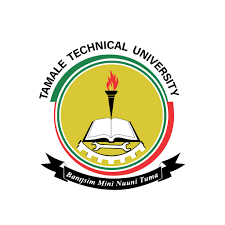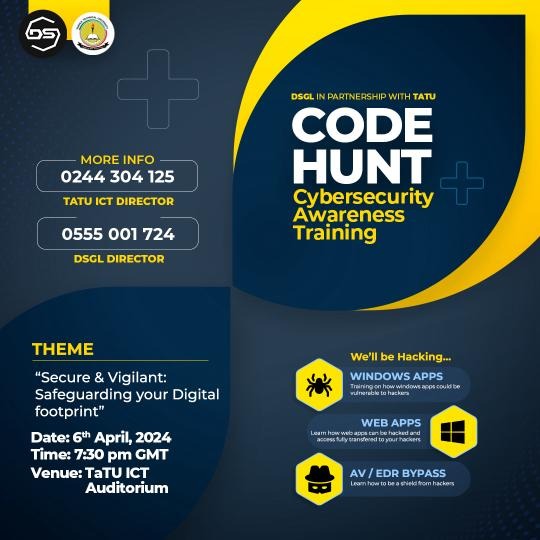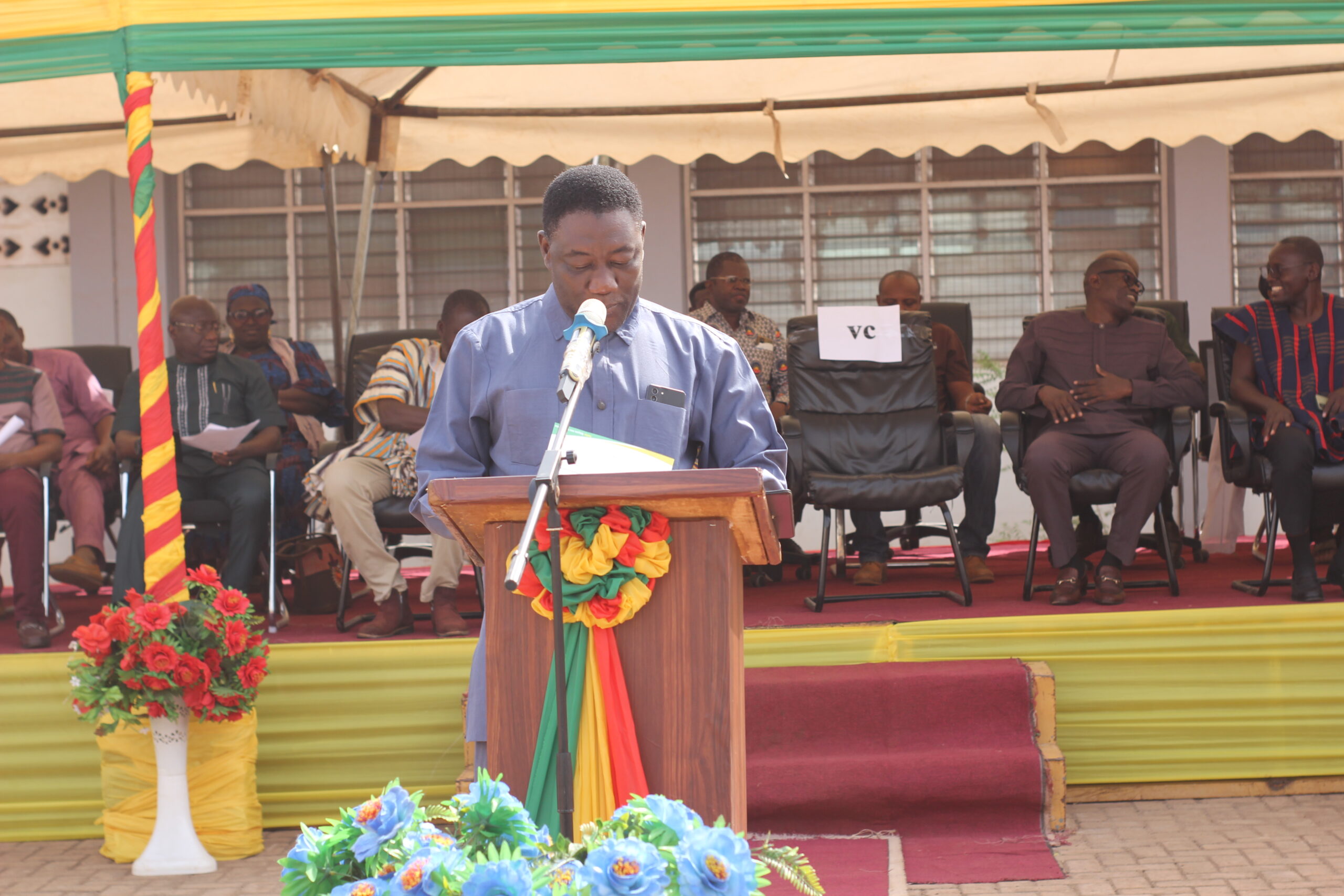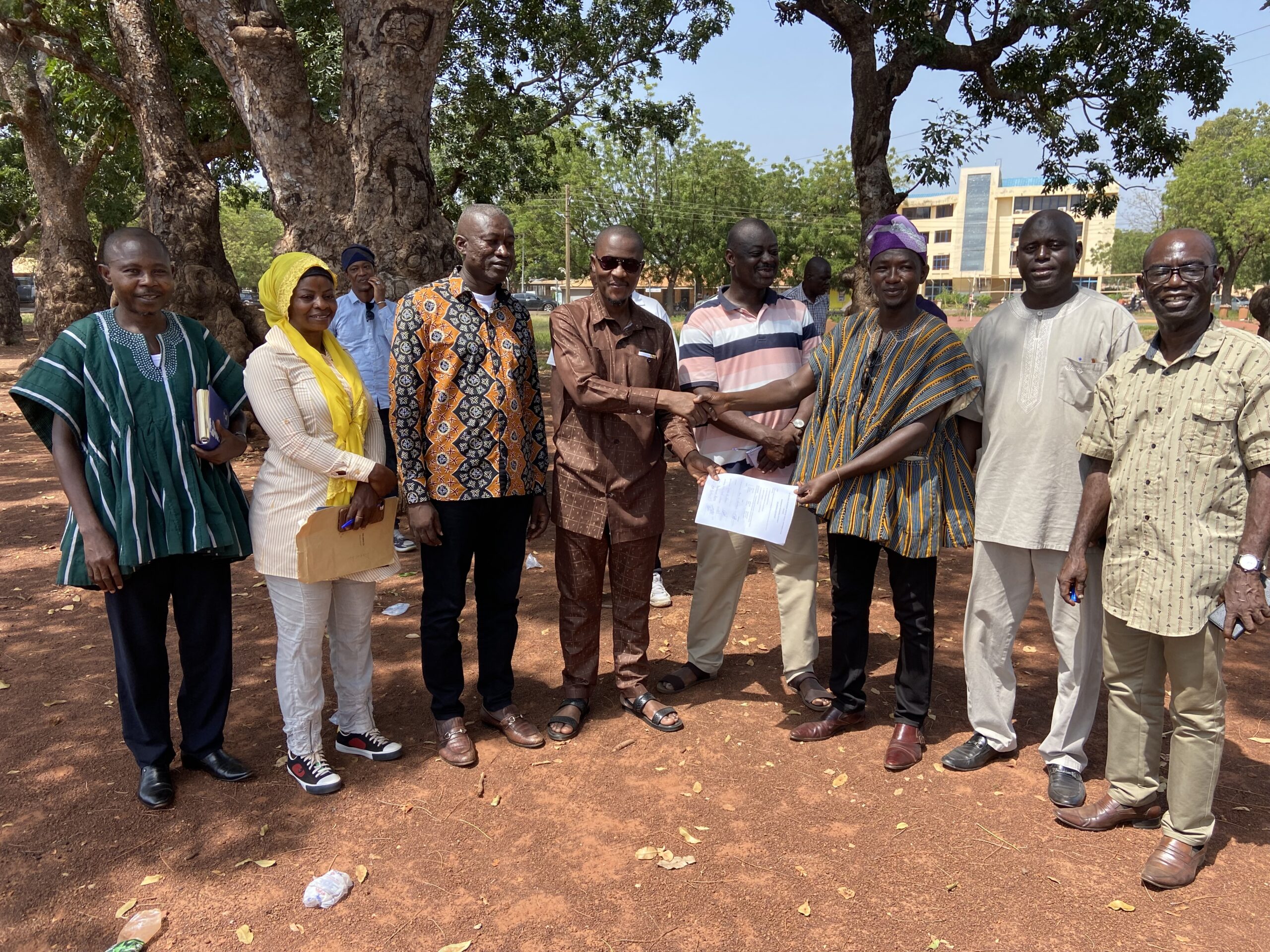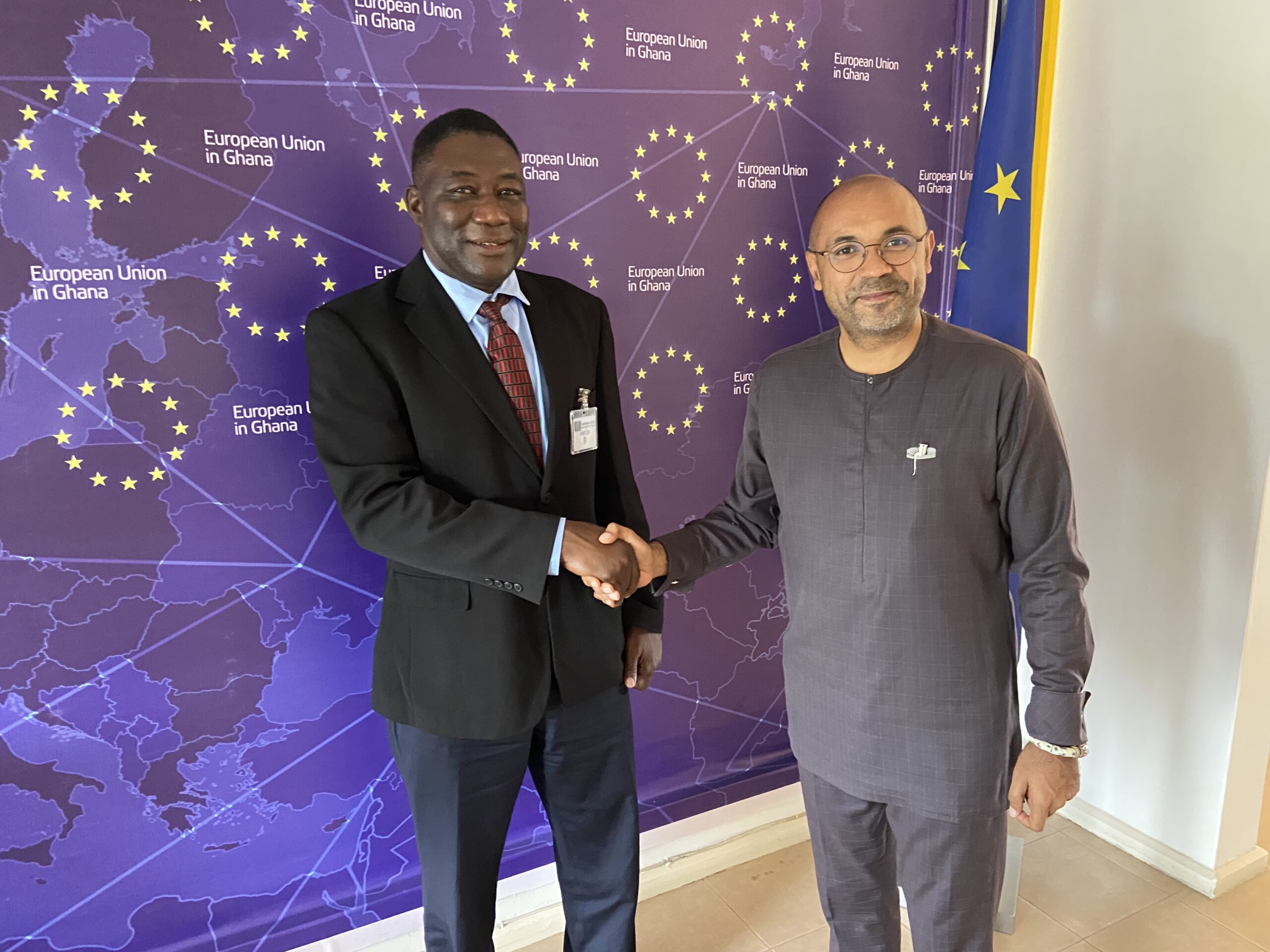
On Wednesday 23rd August 2023, the Vice Chancellor of Tamale Technical University (TaTU), Professor Abass Braimah was hosted by the European Union Delegation Ambassador to Ghana, H.E. Irchad Razaaly in his office in Accra to discuss matters of mutual cooperation especially in the areas of security and green education.
The primary focus of the meeting was to explore opportunities for collaboration between Tamale Technical University and the European Union. The discussions likely revolved around potential partnerships and cooperation in various fields, with a particular emphasis on security and green education. This indicates a commitment to enhancing security and green educational initiatives in Ghana.
In addition to the meeting with the European Union Delegation, Vice Chancellor Professor Abass Braimah took the opportunity to introduce Tamale Technical University to the Korean Embassy in Accra. This suggests an interest in establishing connections with Korea as a development partner.
The Vice Chancellor was received by Ms. Jeong, the Second Secretary to the Korean Embassy in Accra, on behalf of the Korean Ambassador. This meeting likely involved discussions about potential areas of cooperation, shared interests, and the university’s initiatives. It’s a positive step towards expanding international partnerships between TaTU and various developmental partners in and outside Ghana.
Overall, these interactions demonstrate Tamale Technical University’s commitment to fostering international collaborations and strengthening ties with both the European Union and the Korean Embassy in Ghana. These partnerships can potentially lead to advancements in security, education, and other important areas of development.
